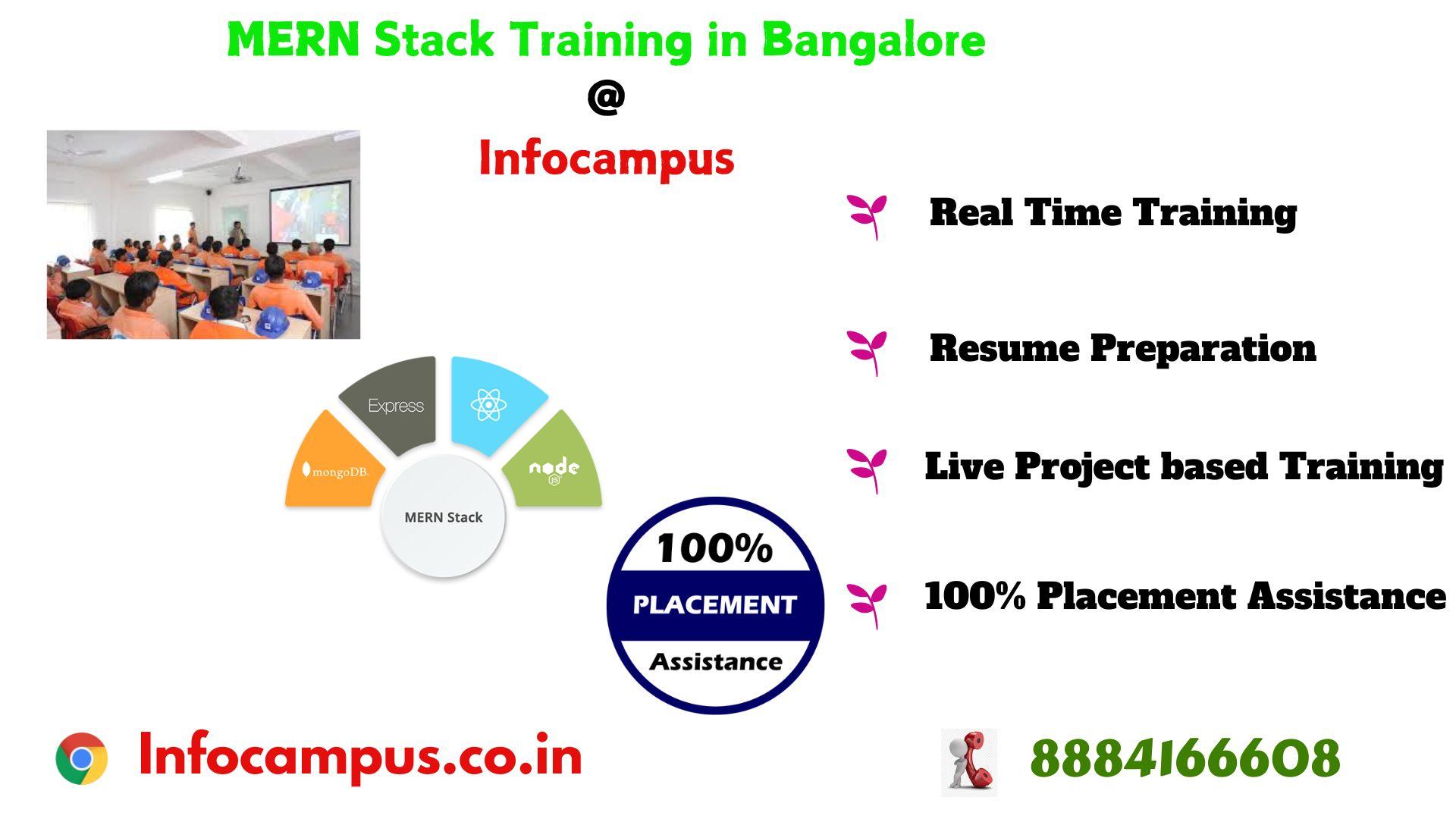In the ever-evolving landscape of web development, the MERN stack has emerged as a leading choice for developers looking to build dynamic, high-performance web applications. Comprising MongoDB, Express.js, React, and Node.js, the MERN stack offers a cohesive and efficient way to develop full-stack JavaScript applications. This article delves into the components, benefits, and use cases of the MERN stack, providing a comprehensive understanding of why it is so popular among developers.
What is the MERN Stack?
The MERN stack is a JavaScript stack used for easier and faster deployment of full-stack web applications.
• MongoDB: A versatile NoSQL database that stores information in documents like JSON.
The Node.js web application framework Express.js is intended for creating online apps and APIs.
React is a JavaScript package designed for creating user interfaces, especially for single-page apps that require a quick and engaging user experience.
Components of the MERN Stack
MongoDB
Role: Database
Description: MongoDB is a NoSQL database program that uses JSON-like documents with optional schemas. It is made to be flexible and scalable.
Benefits:
• Scalability: Easily scales horizontally by distributing data across multiple servers.
• Flexibility: Its schema-less design enables rapid, downtime-free modifications to data models.
• Performance: Able to effectively handle massive amounts of data.
Express.js
Role: Web Application Framework for Node.js
Description: A powerful feature set for web and mobile apps is offered by Express.js, a lightweight and adaptable Node.js web application framework.
Benefits:
• Simplicity: Lightweight and easy to set up, with minimal boilerplate code.
• Middleware: Rich ecosystem of middleware to handle HTTP requests, responses, and other web app functionalities.
• Integration: Works seamlessly with MongoDB and React, streamlining the development process.
React
Role: Front-end Library
Description: React is a JavaScript library developed by Facebook for building user interfaces. It emphasizes reusable components and efficient rendering.
Benefits:
• Component-Based Architecture: Promotes reusable UI components, which enhances maintainability and scalability.
• Virtual DOM: React's virtual DOM efficiently updates and renders components, resulting in fast user interfaces.
• SEO-Friendly: Server-side rendering capabilities improve SEO for web applications.
Node.js
Role: Server Environment
Description: Built on top of Chrome's V8 JavaScript engine, Node.js is a JavaScript runtime. It enables programmers to create programs that are performant and scalable.
Benefits:
• Single Language: JavaScript is used for both client-side and server-side code, streamlining the development process.
• Non-Blocking I/O: Node.js handles multiple requests simultaneously with non-blocking, event-driven architecture.
• Large Ecosystem: Access to a vast repository of libraries and modules via npm (Node Package Manager).
Benefits of the MERN Stack
1. Full-Stack JavaScript: JavaScript is used throughout the entire development process, which is one of the main benefits of the MERN stack. This consistency simplifies the development workflow and allows for a unified development team that can work on both the front-end and back-end.
2. High Performance: The non-blocking architecture of Node.js ensures that applications built with the MERN stack can handle multiple connections concurrently. React’s virtual DOM further enhances performance by efficiently updating only the parts of the user interface that have changed.
Scalability and Flexibility:
o MongoDB: Easily scales horizontally by distributing data across multiple servers, making it suitable for applications with growing data needs.
o React: Its component-based architecture makes it easy to manage and scale complex user interfaces.
4. Rich Ecosystem and Community Support: The MERN stack benefits from a robust ecosystem of tools, libraries, and community support. npm provides access to thousands of modules that can be easily integrated into MERN stack applications, while active communities around each component ensure continuous improvements and support.
5. Rapid Development: Express.js’s minimalistic framework allows for quick setup and development of server-side logic, while React’s reusable components enable rapid prototyping and iteration. This results in shorter application time-to-market and speedier development cycles.
6. Cost-Effectiveness: There are no licensing fees because every part of the MERN stack is open-source.Additionally, the shared knowledge and resources across the stack can lead to more efficient development processes, reducing overall costs.
Use Cases for the MERN Stack
The MERN stack is highly versatile and can be used for a variety of web applications, including:
• Single Page Applications (SPAs): React is particularly well-suited for SPAs, where a fast, dynamic user experience is essential.
• Real-Time Applications: Node.js’s non-blocking architecture makes it ideal for real-time applications like chat applications, live dashboards, and collaborative tools.
• E-commerce Platforms: The scalability of MongoDB and the dynamic user interfaces possible with React make the MERN stack a good choice for e-commerce platforms.
• Social Media Applications: The combination of a flexible back-end and a dynamic front-end allows for the creation of engaging social media platforms.
• Content Management Systems (CMS): The MERN stack can be used to build robust CMS solutions that require flexibility and scalability.
Conclusion
The MERN stack represents a powerful and efficient approach to web development, offering numerous benefits that can help developers create scalable, high-performance applications. By leveraging the strengths of MongoDB, Express.js, React, and Node.js, the MERN stack provides a cohesive framework for building modern web applications. Whether you are developing a single-page application, a real-time app, or a complex e-commerce platform, the MERN stack offers the tools and flexibility needed to succeed.
Become a full-stack JavaScript developer with Infocampus MERN stack course in Bangalore. Learn to build dynamic web applications using MongoDB, Express.js, React.js, and Node.js. Gain hands-on experience and land your dream job in tech. For more details Call: 8884166608 or 9740557058
Visit: https://infocampus.co.in/mern-stack-training-in-bangalore.html



